Source: WNN
Date: December 12, 2022
The UK Space Agency and the National Nuclear Laboratory (NNL) are to collaborate on the world’s first space battery powered by americium-241. The isotope will be extracted from used nuclear fuel stored at the Sellafield site in Cumbria.
Radioisotope power systems – sometimes referred to as nuclear batteries – fuelled with plutonium-238 have generally been used in space missions since the early 1960s. Radioisotope thermoelectric generators and radioisotope heater units can provide power and heat continuously over long, deep space missions. Pu-238 is made by irradiating neptunium-237, recovered from research reactor fuel or special targets, in research reactors. Pu-238 is produced only in the USA – where supply is limited – and Russia, so an alternative is urgently needed.
This NNL work – commissioned and funded by the UK Space Agency – will be delivered in a new GBP19 million (USD23 million) laboratory at NNL’s flagship Central Laboratory on the Sellafield site in Cumbria, equipped with next-generation equipment and technology.
They said it will deliver a sovereign supply of fuel for space batteries in the context of a global shortage, enabling the UK and its partners to pursue new space science and exploration missions.
The support from the UK Space Agency follows the UK’s record investment to the European Space Agency for a range of new programmes, including GBP22 million for European Devices Using Radioisotope Energy (ENDURE), which will use radioisotopes to develop systems for warming and powering spacecraft.
NNL said it has been working on this endeavor since 2009, when its researchers first discovered that americium-241, an alternative to Pu-238, is produced during the radioactive decay of used fuel from nuclear reactors and that it emits power for more than 400 years. In 2019, NNL and University of Leicester announced they had generated usable electricity from americium. The achievement was seen as a step towards potential use of americium in space batteries.
With the plentiful supply of Am-241 at Sellafield, the new collaboration “will turn a proven scientific concept into a fully-realised technology”, the partners said.
The Am-241-powered space battery is expected to be operational within the next four years and is likely to be first used on the European Space Agency’s Argonaut mission to the Moon and for future missions into deep space.
“Being able to offer a globally unique supply of americium-241 will encourage investment and unlock growth opportunities for all sorts of UK industries looking to explore nuclear energy,” said UK Science Minister George Freeman.
“For the past 50 years, space missions have used plutonium-238 to stop spacecrafts from freezing but it is in very limited supply,” noted Tim Tinsley, account director for this work at NNL. “At NNL we have identified significant reserves of americium-241, a radioisotope with similar properties to plutonium-238 but game-changing potential for the UK’s space ambitions.
“This work, which is being made possible through the support of UK Space Agency, will see us applying decades of experience in separating and purifying used nuclear material in order to unlock great public benefits, and it goes to the heart of our purpose of nuclear science to benefit society.”
UK Space Agency CEO Paul Bate added: “This innovative method to create americium to power space missions will allow us not only to sustain exploration of the Moon and Mars for longer periods of time, but to venture further into space than ever before. Supporting the National Nuclear Laboratory’s expansion will make the UK the only country in the world capable of producing this viable alternative to plutonium, reducing the global space community’s reliance on limited supplies, which are increasingly difficult and costly to obtain.
“The UK Space Agency is committed to keeping space activities sustainable, and this resourceful technology exploits otherwise unused waste plutonium biproducts without generating additional waste.”



